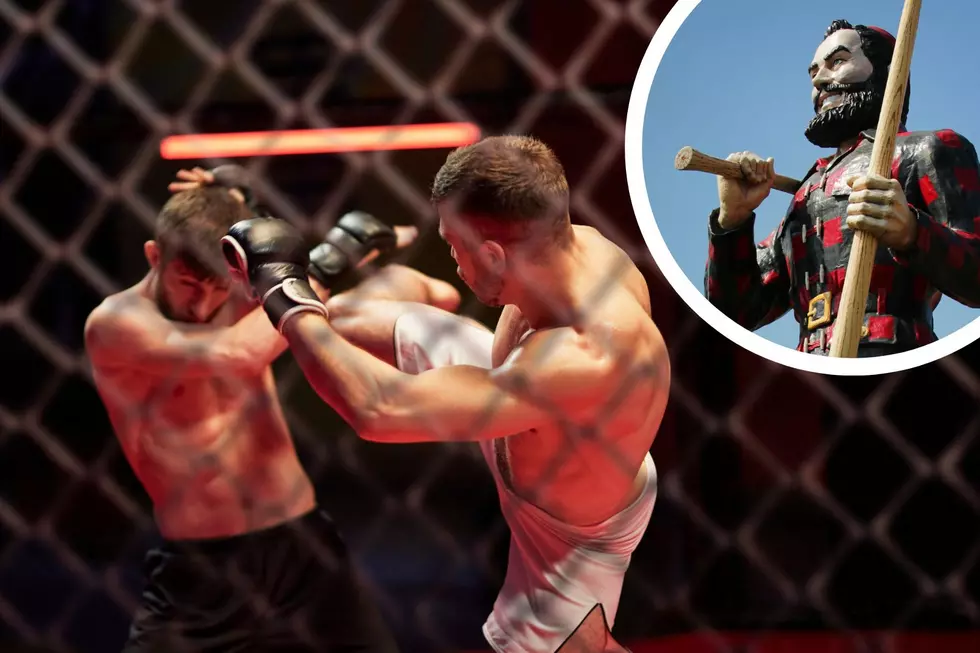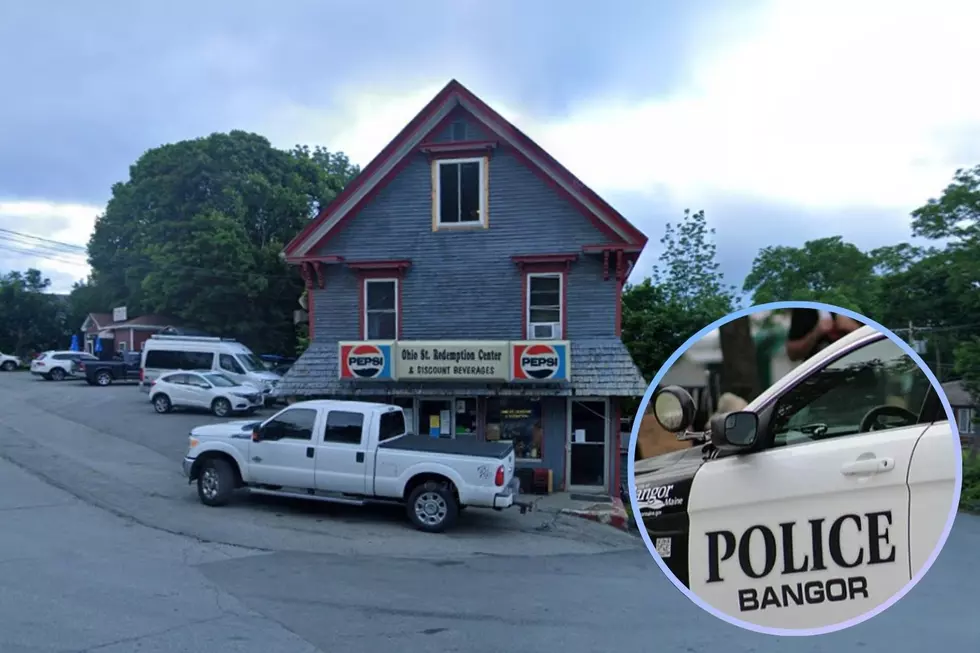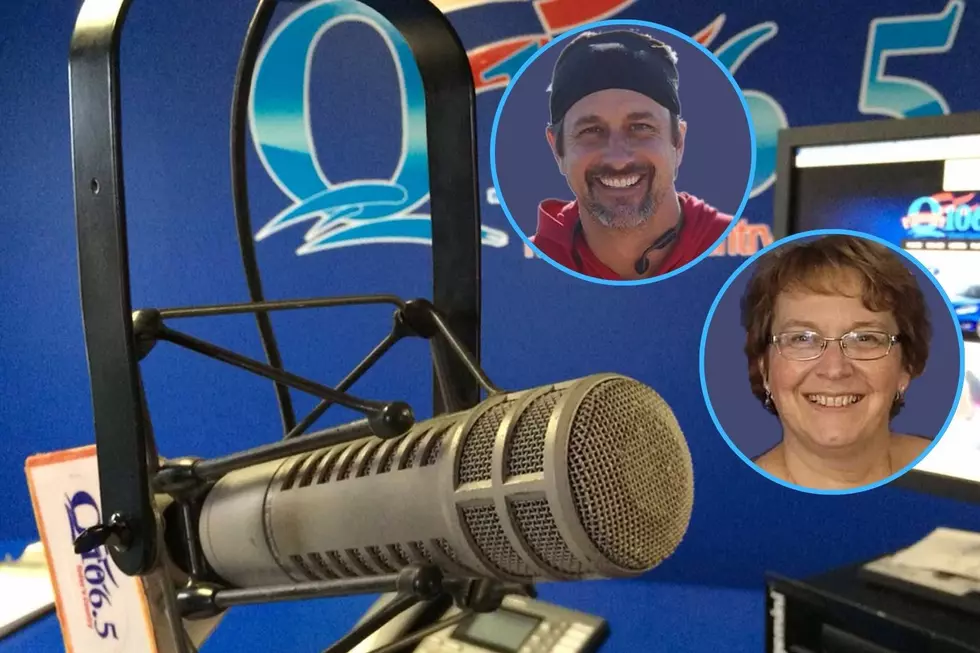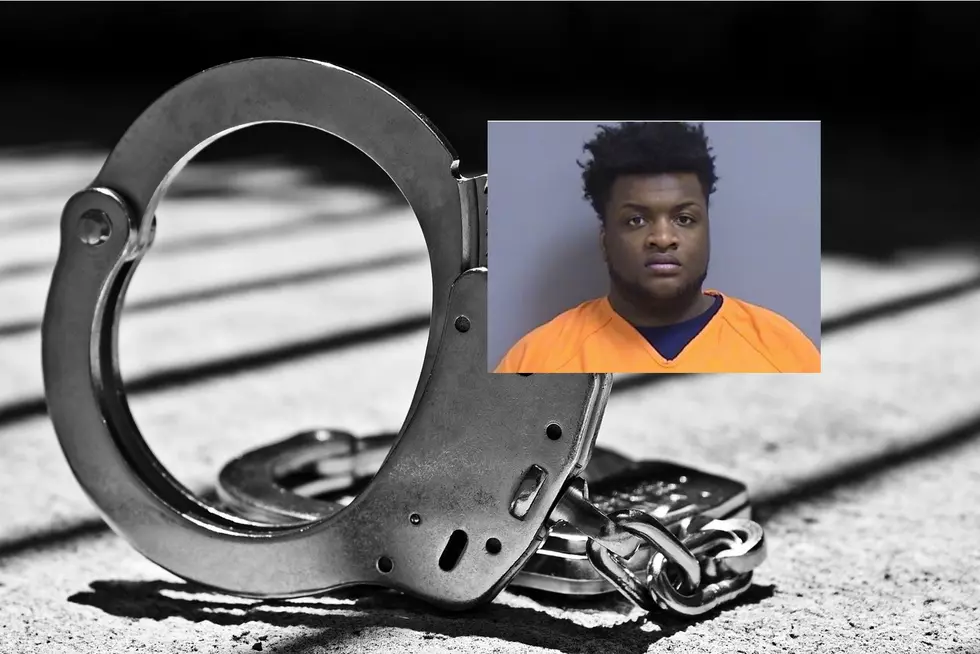
Motorcycle Educators Urge Caution and Safety While Riding
It's been a deadly year on Maine's roads for motorcycle riders. The Maine Department of Public Safety released some sobering numbers this month that show motorcycle fatalities nearly tripled from this time last year. So educators are speaking out, urging smart and safe riding.
The Federal 2015 Motorcycle Experienced Rider Training Course Sponsorship provides $20,000 for rider education, that will be used to offer scholarships. With help from this funding, experienced riders can take refresher courses in safety to make sure their skills are still sharp. For more information on the scholarships, log onto the Secretary of State's website.
I chatted with Erik Payne from Motorcycle Riders Education of Maine this month about some basic safety tips all bikers should follow for a successful year.
- Photo, Jupiter Images, ThinkStock
Photo, Jupiter Images, ThinkStock 1Motorcycle Rider Safety Courses
Payne says these courses are always a great idea, whether you're new to the sport or an experienced rider. Motorcycle riding is a sport and, like with any sport, it's important to hone your skills and make sure they're still sharp.
Folks new to bikes will learn everything from the proper gear to the rules of the road. Collision avoidance techniques, cornering, etc. are all tools that will make you a better and safer rider.
- Photo, Cindy Campbell, Townsquare
Photo, Cindy Campbell, Townsquare 2Size Matters
Buying a motorcycle is serious business because you want to make sure you get a bike that fits your capabilities. If you take a rider education course, Payne says the bikes you learn on are usually small. And he says it surprises many to find that they have a tough time handling one that size, when they were thinking of going much bigger.
The best idea is to start on the smaller size. As your abilities grow, so can the size motorcycle you own. But you don't want to end up in a dangerous situation with a bike that you can't control.
- Photo, David Rogers, Getty Images
Photo, David Rogers, Getty Images 3All the Gear All the Time
The phrase Erik taught me is 'At-Gatt.' It stands for 'All the Gear, All the Time.' He says a lot of emphasis is put on the helmet, and that's an important part of a rider's safety gear. But the entire body should be protected.
It always makes me cringe when I see a rider with shorts, or a t-shirt, or flip flops. Even if it's hot out, there are mesh jackets with body armor that will protect you if you lay the bike down. Add boots, gloves,and even chaps,and you'll survive much better.
- Photo, Achim Prill, ThinkStock
Photo, Achim Prill, ThinkStock 4Regular Safety Checks
Before you head out, Erik advises doing a safety check on your motorcycle. When you're on the road is not the time to find out your brakes aren't working or your tires are slack.
He says the phrase to remember is T-CLOCK, which stands for Tires and Wheels, Controls, Lights, Oil, Chassis, and Kickstand. Check all those things before you start your trip, and it gives you one less thing to worry about.
- Photo, Justin Sullivan, Getty Images
Photo, Justin Sullivan, Getty Images 5Avoid Distractions and Be Visible
We're always telling motorists to 'Look Twice Save a Life,' and that's important, but it's also important for motorcyclists to make sure they can be seen. Keep that headlight on, and never ride in a driver's blind spot.
Distractions are a huge issue for both bikers and motorists. Keep the cell phone in your pocket and never text while driving or riding. And, motorcyclists, be prepared for unexpected behavior from distracted drivers.
- Photo, Anna Omelchenko, ThinkStock
Photo, Anna Omelchenko, ThinkStock 6Watch Your Speed and Don't Drink & Ride
I live with a sport bike enthusiast who believes coffee is the best drink when riding. Alcohol and motorcycles don't mix. When riding, you have to be aware of everything that's going on around you, you need quick reflexes, and you need to maintain balance. Alcohol can impair all these skills, so it's best to just steer clear.
Speed has been a big factor in the 17 fatal motorcycle crashes this year, so far. So the best advice is slow down, obey the traffic laws, and make allowances for bad weather. Better to get there alive than to crash because you tried to ride too fast.
More From WQCB Brewer Maine









